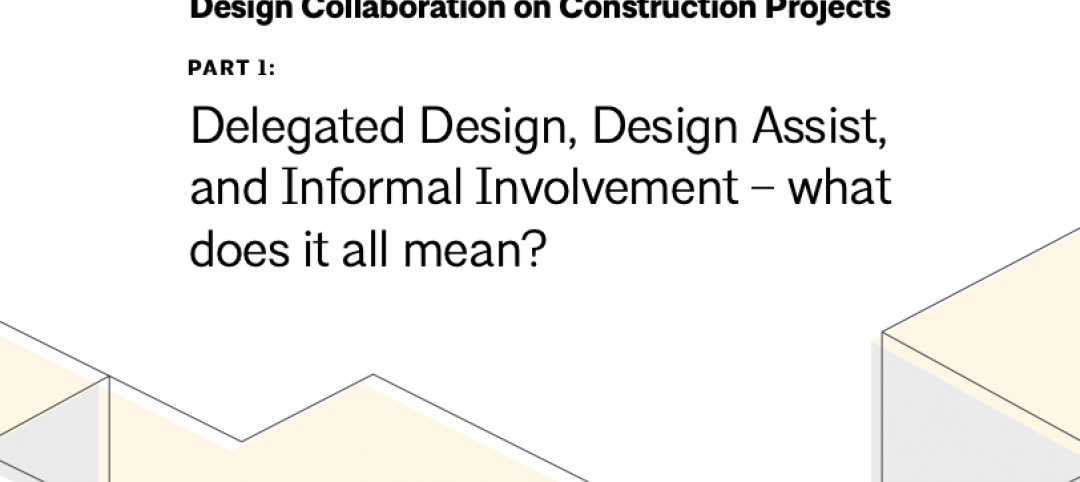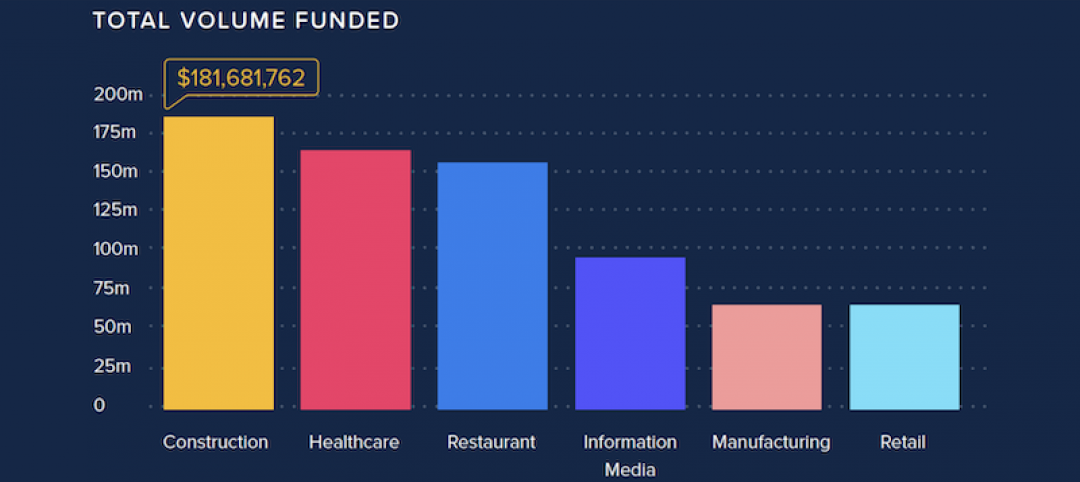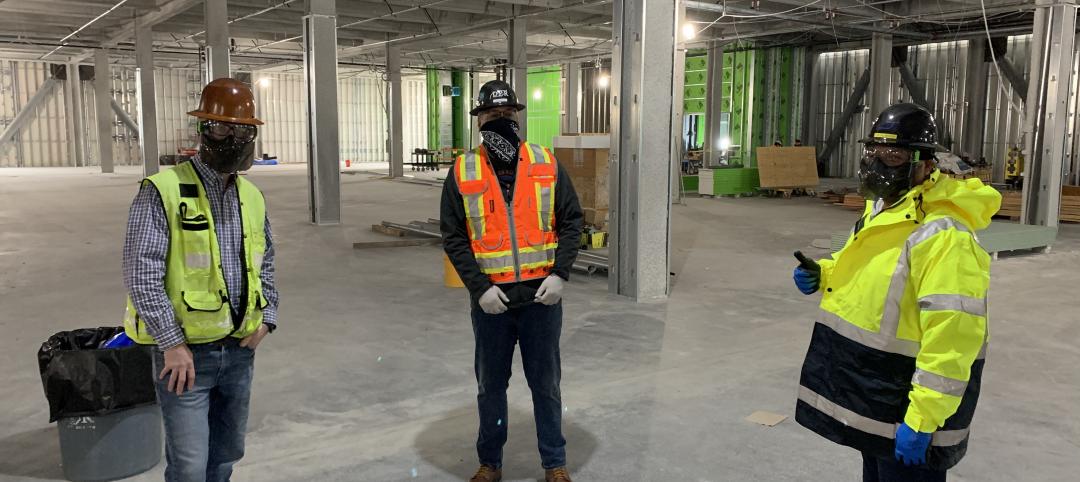Surveying members of the Construction Personnel Executives Group, FMI, reports that 24% of respondents will be unable to bid more work and 32% will experience slow growth if their companies cannot reasonably meet the need for skilled labor and tradespeople. Top executives at the largest contract firms in the U.S. took part in the survey.
“Overall, there’s an increase needed in skilled trade workers of more than 10% throughout the next three to 10 years,” says Ken Wilson, director for FMI, citing highlights from survey partipants. One large construction company says, "Our current hiring forecast shows a need for 8,500 additional craft workers by 2017.”
The top five positions that are expected to be the most difficult to fill are:
- Operator (heavy equipment)
- Welder (boilermaker)
- Carpenter
- Pipefitter
- Ironworker (reinforcing)
There are two significant contributing factors to the high demand for craft labor:
- The shift of the construction workforce to oil and gas related construction. FMI estimates that by 2017 nearly 10% of the total U.S. construction workforce will be part of this burgeoning segment of the industry.
- The number of survey respondents that plan to increase the amount of work the company self-performs. Currently, surveyed firms self-perform less than 40 percent of construction projects. However, 65 percent either have plans to or are considering plans to increase self-performed projects.
- This in-depth look into recruiting and retention of craft labor includes an analysis of the driving factors behind the skilled labor shortage, the most effective recruitment tactics and how companies are filling the demand for field management of the craft labor force. The report also provides practical counsel on how to develop human resource strategies to improve recruiting and retention rates.
To download a copy of the 2015 survey report, “Craft Labor Recruiting and Retention,” click here.
Related Stories
Architects | Aug 27, 2020
Strategically planning your firm past the COVID-19 pandemic
As AEC firm leaders consider worst-case scenarios and explore possible solutions to surmount them, they learn to become nimble, quick, and ready to pivot as circumstances demand.
Digital Twin | Aug 27, 2020
The Weekly show: Digital twin technology and social equity in the AEC market
The August 27 episode of BD+C's "The Weekly" is available for viewing on demand.
Coronavirus | Aug 25, 2020
Video: 5 building sectors to watch amid COVID-19
RCLCO's Brad Hunter reveals the winners and non-winners of the U.S. real estate market during the coronavirus pandemic.
Contractors | Aug 24, 2020
Guidance on design assist vs. delegated design released
The American Institute of Architects (AIA) and the American Institute of Steel Construction (AISC) have released a paper that provides guidance on design collaboration on construction projects.
University Buildings | Jul 24, 2020
A hybrid learning approach could redefine higher education
Universities reassess current assets to determine growth strategies.
Contractors | Jul 8, 2020
Construction businesses top one cohort of borrowers under Paycheck Protection Program
The loans saved an estimated 17,500 construction jobs.
Coronavirus | Jun 19, 2020
Experts address COVID-19's impact on nursing homes and schools on The Weekly
The June 18 episode of BD+C's "The Weekly" is available for viewing on demand.
Coronavirus | Jun 12, 2020
BD+C launches 'The Weekly,' a streaming program for the design and construction industry
The first episode, now available on demand, features experts from Robins & Morton, Gensler, and FMI on the current state of the AEC market.
Contractors | Jun 11, 2020
Patriarch of The Boldt Company dies at 96
Oscar Boldt left an indelible business and charitable mark.
Coronavirus | May 29, 2020
Black & Veatch, DPR, Haskell, McCarthy launch COVID-19 construction safety coalition
The NEXT Coalition will challenge engineering and construction firms to enhance health and safety amid the Coronavirus pandemic.

















